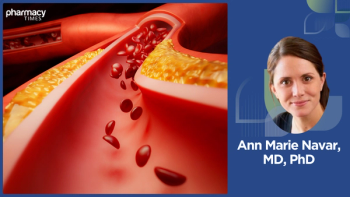
Experimental Drug Shows Efficacy Across Different Forms of Multiple Sclerosis
Ocrelizumab shows potential treating both relapsing and primary progressive forms of multiple sclerosis.
During the recent American Academy of Neurology (AAN) annual meeting in Canada, Genentech/Roche presented positive new data from a phase 3 clinical study of ocrelizumab in patients with relapsing multiple sclerosis (RMS).
This investigational drug was the first to show positive results in both relapsing and primary progressive forms of MS, which affects approximately 95% of MS patients at the time of diagnosis.
The data revealed that ocrelizumab had consistent and superior efficacy across clinical and subclinical outcomes compared with interferon beta-1a (Rebif) in RMS patients.
The new information in RMS included magnetic resonance imaging (MRI) and no evidence of disease activity (NEDA). These data suggests that ocrelizumab significantly reduces inflammation, neurodegeneration, and disease progression.
Furthermore, there was a significantly higher amount of RMS patients who achieved NEDA while being treated with ocrelizumab compared with Rebif.
Researchers believe that ocrelizumab has the potential to change the way MS is treated.
Newsletter
Stay informed on drug updates, treatment guidelines, and pharmacy practice trends—subscribe to Pharmacy Times for weekly clinical insights.

































